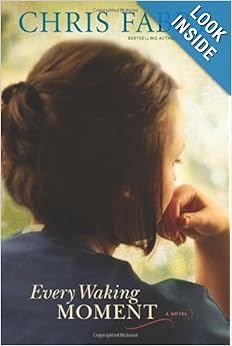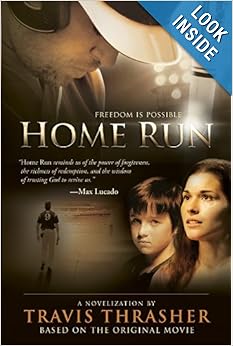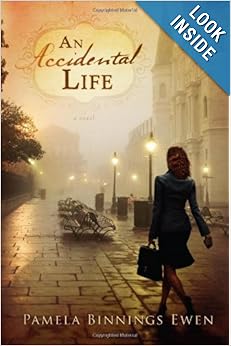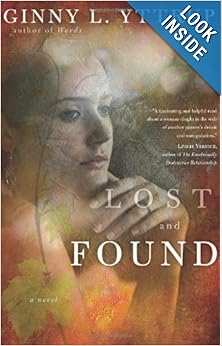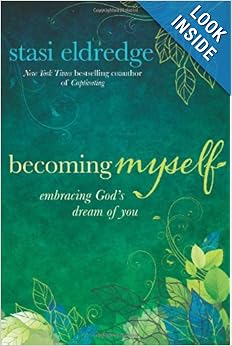Deuteronomy 31:8 ESV
8 It is the Lord who goes before you. He will be with you; he will not leave you or forsake you. Do not fear or be dismayed.”
Twelve years ago when we moved from Texas, a woman I knew shared this verse with me. Little did she know what life would hold for me in the years ahead. Like everyone else, my life has had lots of ups and downs. I've held onto this verse often and I was reminded of it today when I read a column on World Magazine's website HERE.
The writer expresses that one of her primary reasons for homeschooling for twenty years was fear. Fear of the influence on the world on her children. I have heard many parents express this feeling as a reason to homeschool. But, I don't think it should be a family's primary reason for homeschooling. We homeschool because we feel called to. It is a tough thing to homeschool. I don't believe that fear will not sustain us long term in this endeavor and if we live from fear long term, there can be dire consequences for us and those around us. But, I'll get to that in a moment.
Fear is not of God. Fear is of Satan. Satan wants us to be afraid. God, on the other hand reminds us over and over in Psalms that he is our protector and refuge. He is our shepherd and will lead us through the dark places. As our pastor preached last Sunday, he explained that scripturally the poem "footprints" is off the mark. In Psalm 77:19 ESV, the Word says:
19 Your way was through the sea,
your path through the great waters;
yet your footprints were unseen.
Instead of it being God's footprints carrying us when there is only one set of footprints, it is actually ours that we see. God is unseen, guiding us. We have to keep on walking, trusting.
Eventually, our children will have to go to school. For many students, this will be either high school or college. We can't shelter them forever. We need to equip them so that they will be able to cope with the world they live in and not hide from it. As parents, we have huge responsibilities when it comes to our kids. Years ago, there was a book by David Elkind titled The Hurried Child. I agree with the author that children are being forced to grow up--too soon. But, I don't think hiding them from growing up isn't the answer. In Lit! A Christian Guide To Reading, author Tony Reinke gives the advice that we should not take a never stance on a particular book, but instead "Not Yet" approach to the books our children read. We shelter them so that they can be exposed to the world when they are ready to handle it. We expose them bit by bit and help them process what they're learning. We also have to let go bit by bit in the process so that when they set out on their own, they are able to stand and make good decisions.
Last spring, it did hit me that my kids would eventually go to college. A good friend of ours was explaining his feelings about the heavy burden of responsibility that sits on parents' shoulders when they choose to homeschool. He explained that he wouldn't recommend it to a lot of people. It's a hard path. His words were like a punch to my gut. I've always been secure in my desire and calling to homeschool. But, to have a close friend that I respect question it was hard. And honestly, I was scared. Really scared. For some reason, the reality that my kids will go to school someday really hit me hard. And I was sad. I will miss them when that day comes. Part of me was very afraid, just like the columnist wrote on World. I found myself in a tizzy for a few days. I had tons of thoughts swirling in my head...
Will they be ready?
Can I do this?
No, I don't want them to go!
Do they have to?
And then finally I came to this conclusion...I need to make sure they're ready for whatever God has next for them.
I sat down and wrote out a plan through eighth grade. I had to tuck all of the literature books away so that my kids won't read them ahead of time. I thought about what curriculums I will use between now and then so that they will be ready if the Lord leads us to put Autumn into high school.
All of this was me doing something. I'm a doer. In the midst of this doing, came the "being" time. It stole in as I worked and planned. I needed to focus on "being"--trusting God to care for my children now and in the future... trusting Him to guide me when the time comes for them to transition to new teachers... trusting God and reminding myself of the convictions God has given me that we should homeschool... remembering what I'm doing and why.
This week we're on our family vacation. We take it after everyone goes back to school. The vacation rental home is far cheaper and it saves us a lot of money. We actually like the weather better, as well. Each day, I've gotten to sit and be with my kids. I love them. I love the time I get to have with them. I love climbing on the rocks with them and seeing them set off air rockets. I love listening to them play paper dolls and legos. I love hiking with them and eating new foods together. I realize that I get to spend a lot of time with my kids because we homeschool. It's not always easy time like these memories. But, I don't think I would trade any of it.
Homeschooling is a good fit for our family--for me, my husband, and our children. But, I don't want to homeschool out of fear. God doesn't call us to be afraid. Instead he calls us to be strong and not to be dismayed or afraid. We are preparing our kids for what lies ahead for them... in the world.
